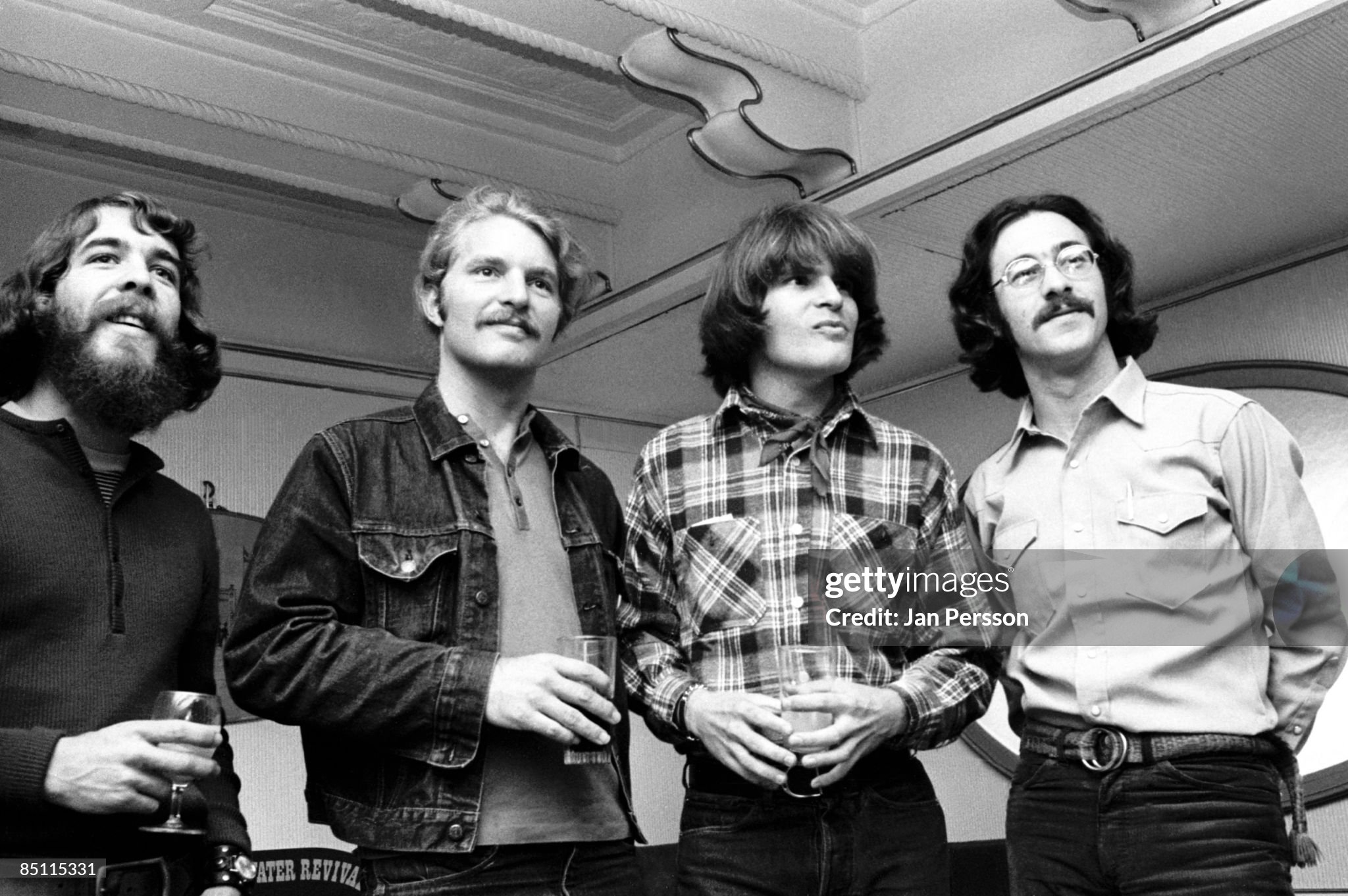
A Spell Cast in the Electric Storm of Woodstock: Passion, Ferocity, and the Raw Pulse of American Rock
When Creedence Clearwater Revival took the stage at the Woodstock Music & Art Fair in August 1969, they were not merely another act on a crowded bill—they were a band at the height of their powers. Their live rendition of “I Put A Spell On You”, later immortalized on the posthumous release Live at Woodstock, captured an intensity that few performances from that legendary weekend could rival. Originally appearing on their self-titled 1968 debut album Creedence Clearwater Revival, the song—an incendiary reimagining of Screamin’ Jay Hawkins’ 1956 classic—had already revealed John Fogerty’s uncanny ability to transform borrowed material into something unmistakably his own. Though it never charted as a single, its place within CCR’s early canon cemented the band’s reputation for fusing swampy blues and primal rock energy into a new American vernacular.
What unfolded on that rain-soaked New York night was more than a cover—it was a conjuring. Fogerty’s voice, hoarse yet commanding, became an instrument of possession, channeling every ounce of longing and fury embedded within Hawkins’ original composition but filtering it through a distinctly late-’60s lens: the anxiety of war, the confusion of cultural upheaval, the ache of disillusionment. In CCR’s hands, “I Put A Spell On You” ceased to be merely about romantic obsession; it became an anthem of control and surrender in a world spinning out of both. The Woodstock performance magnified this tension—each tremor of guitar feedback felt like lightning striking the field, each drumbeat from Doug Clifford like thunder shaking through the mud-soaked crowd.
Musically, CCR’s version leans less on theatricality and more on relentless groove. Stu Cook’s bass pulses with locomotive precision while Tom Fogerty’s rhythm guitar locks into an earthy trance. Yet it is John Fogerty’s lead work—snarling, saturated with distortion—that drives the spell home. His solos are not showpieces; they’re exorcisms. The blues roots are evident, but they’re filtered through an urgency that speaks to the moment: America at war abroad and divided at home, yet still clinging to rock ’n’ roll as its most visceral language of truth.
The cultural weight of this performance lies in its paradox. CCR were often labeled “roots rock,” yet nothing about their music felt nostalgic that night—it was immediate, even prophetic. “I Put A Spell On You” became a microcosm of Creedence itself: haunted by Americana but never bound by it; steeped in tradition yet blazing toward something primal and unvarnished. In that performance, Fogerty didn’t simply reinterpret Hawkins’ song—he inhabited it, refashioning its raw sensuality into an act of spiritual confrontation. The result endures as one of Woodstock’s hidden triumphs: not peace and love distilled into melody, but desire and madness rendered in feedback and flame.